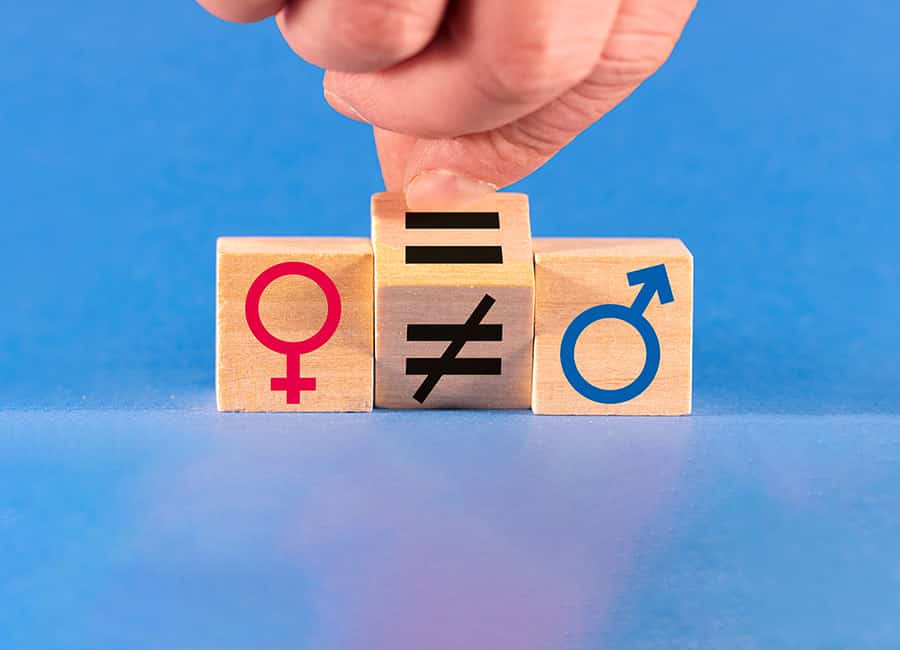Women hold less than a third of leadership positions globally and are less likely to gain leadership promotion when compared to men, according to data included in LinkedIn's 2022 Global Gender Gap Report.
In Ireland, 46% of entry level roles are held by women, dropping to 42% at managerial level, and declining steeply to 24% at C-suite level, with men 15% more likely to receive internal promotions to leadership roles than women.
Of the 34 countries reviewed, Ireland has the third-smallest gap in probability between men and women when it comes to promotions to senior positions within an organisation, with the likes of Czech Republic (81%) and the Netherlands (69%) at the other end of the scale.
There is significant divergence in several economic sectors between female participation and women in leadership roles, however, most notably in retail, where 51% of workers are women by just 32% of leadership (ie in director, VP, C-suite or partner positions) is female -- a 19% gap.
Wellness and fitness (17%) had the second-largest gap, with 62% of staff being women and 46% of leadership being female, ahead of healthcare, real estate and consumer goods (all 15%).
More than half of people working in healthcare are female (55%), but just 40% of leadership positions in the sector are filled by women, with female representation in consumer goods down at 47% and 32% at leadership, while in real estate, there is female representation of 39% overall and 24% at leadership level.
"The pandemic hit working women harder than men, as traditional gender roles took hold and female-dominated sectors bore the brunt of lockdowns," said Sue Duke, head of global policy at LinkedIn.

"The serious lack of women in leadership positions continues to be a real problem, yet data shows that male colleagues are far more likely to be promoted into leadership roles.
"While the data is deeply concerning, it points to where progress can be made. It’s clear that taking a hard look at hiring and promotion practices is a critical factor, as is making flexible working the norm for everyone.”
LinkedIn said the data shows targeted action, internal mobility programmes, and a focus on inclusive and fair hiring practices are required to make workplaces and societies more equal.
Practical steps include removing bias from job descriptions, having representative candidate slates and including women on interview panels, the professional social networking site said.
It also called for targeted mentoring and training programmes for women working at the pre-manager level, as well as increased awareness and training about unconscious bias for hiring managers and interviewers, and for flexible working practices to be widely implemented.
The data was drawn from anonymised and aggregated profile information of more than 830m LinkedIn members.
(Pic: Getty Images)











